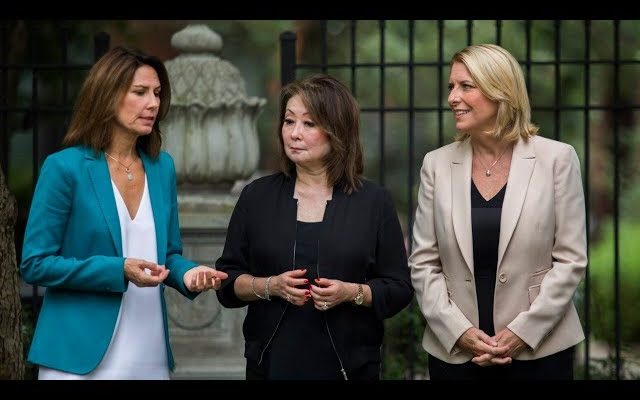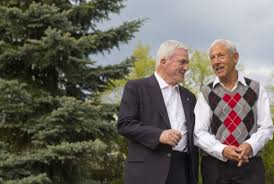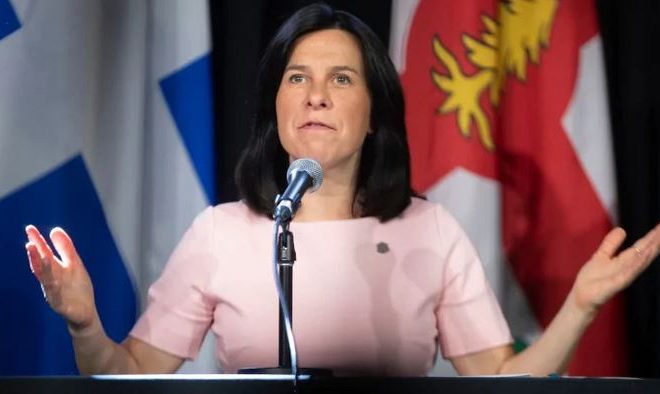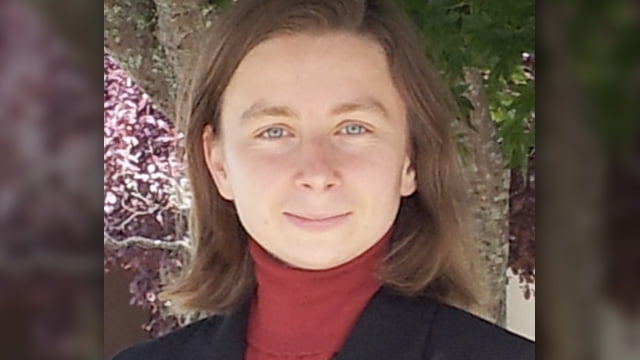Quebec election: TV rivals ready to team up on historic English debate

Debra Arbec, the news anchor for CBC News, is quite curious to learn the exact plans the four Quebec provincial party leaders have for the English community.
CTV News anchor Mutsumi Takahashi wants to know if the leaders will conduct themselves differently in front of a different audience, while Jamie Orchard, anchor for Global news and parent to two school kids, wants to know if these leaders have any plan in mind for the English educational system.
Soon enough all three anchors would get answers to their questions. On Monday the 17th of September, Quebec would be holding its first-ever provincial party leaders debate, in English. In a bid to promote corporation, all network rivalries will be put aside and the debate will bepresented on CBC-TV, CTV and Radio, City, CJAD Global, as well as the Montreal Gazette’s home page, montrealgazette.com.
Arbec and Takahashi will be moderating while Orchard hosts. Apart from their opening and closing statements, Québec Solidaire’s co-spokesperson Manon Massé, the Parti Québécois’s Jean-François Lisée, the Coalition Avenir Québec’s François Legault, and Liberal Leader Philippe Couillard will be debating on several issues. They will also be answering questions chosen from the English community.
“This is an incredibly rare and exciting situation,” Orchard says. “I think it goes to show that for the right reasons, we as competitors can work together so that we can all represent the English community. In this area, there is a sense of camaraderie.
“You might not see this happen in Toronto, where the English community is the majority. But we stick more together here where the English community is the minority.”
The last English-language debate among party leaders was in 1985. It was between PQ’s Pierre-Marc Johnson and Liberals’ Robert Bourassa and even then, it was only a radio broadcast.
“So this is unprecedented and huge for us,” Arbec says. “We’ve all made requests to have TV debates in English before, but, finally, we’ve got them all together and we will have the opportunity to press them on issues about the Anglophone community.”
“Yup, there will just be no escaping us in English that evening,” Takahashi muses.
While everyone acknowledges that this is an unprecedented event, people have also asked Takahashi why three rival networks would want to work together. After all, the chances of this sort of collaboration happening elsewhere in the country or even anywhere else in the world is slim. It is rare for the media world to move into solidarity mode when the stakes are usually so high.
“This is not to say that we don’t all have elements of competition between the networks, but we think of journalism first and our raison d’être here, for all of us, is to do what is best for our community,” Takahashi says. “In this particular case, what is best is to do this together. We can’t kid ourselves. There was no way these leaders were going to give three different TV debates in English. They were only going to give us one.”
“What affects us affects all Quebecers,” Takahashi says. “I think it will be interesting to see how the leaders, who are so used to responding to issues of health care, education, immigration,and the economy in French, choose to position themselves when they are speaking to a different audience.”








